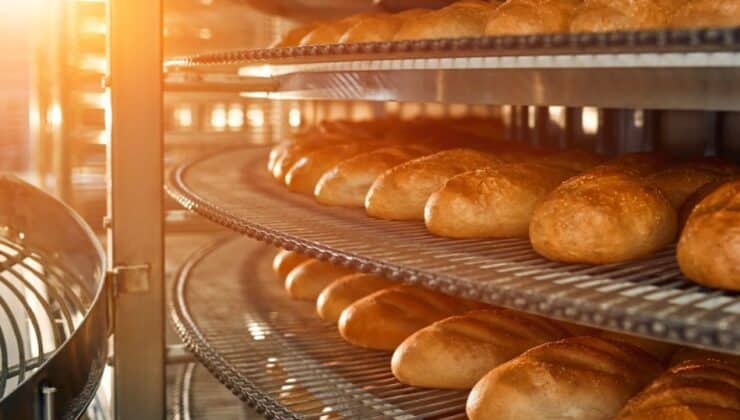Stabilised flours are the research response to the food industry’s demand to prevent rancidity and extend the shelf life of foodstuffs.
Because food production companies need top quality ingredients at source to produce products with excellent nutritional qualities, and this process involves using stabilised flours.
Why? Because stabilised flours, in addition to being a food of high nutritional quality, in all their varieties, each with its own specific characteristics, and in addition to being a highly versatile ingredient, offer the industry a quality that makes them truly irreplaceable: their capacity to extend both their own shelf life and that of the foods in whose preparation they are used.
This is true in all respects.
Flours that have undergone stabilisation treatment become more resistant to ageing, longer-lived and therefore more useful and efficient.
Stabilised flours are those which, coming from the milling of different cereals, have been subjected to a cooking process with the essential objective of improving their organoleptic properties, avoiding their rancidity, thus prolonging their useful life and, in addition, improving their processability.
Molendum Ingredients, a subsidiary of the Dacsa Group, offers its customers a range of stabilised flours and gluten-free fibre, which provide a high fibre content to the final products. The stabilisation process that Molendum has developed in its R&D&I department serves to inactivate certain enzymes that cause the rancidity of both wholemeal flours and fibres, thus increasing their shelf life and improving their own characteristics.
The specific characteristics of stabilised flours include nutritional improvements, increased fibre content, increased mineral and vitamin content, and one of the most sought-after features today: they are gluten-free flours, perfect for the diets of people with coeliac disease or those who have chosen to manage the presence of gluten in their daily diet on their own.
Molendum offers a range of stabilised flours that provide ingredients of optimum quality in general and specific characteristics depending on the purpose for which they are intended, in particular.
Both stabilised wheat flour, from the milling of healthy, dry, mature and industrially clean wheat grain with stabilised functional and physical properties, and stabilised brown rice flour, free of gluten and whose mature grains have been stripped of the outer husk, preserving the pericarp, are perfect ingredients for baking and confectionery; animal feed; breakfast cereals; toppings and breadings; bars; sauces and creams; meat products; pasta; dietetics and sports nutrition, etc.
Molendum offers its customers further options for the production of these products, such as its stabilised whole maize flour from non-GM grain and stabilised maize fibre, which comes from the selection, stabilisation and milling of the purest fraction of the pericarp and is germ-free.
Stabilised flours have become irreplaceable simply because, thanks to research, a raw material has been made available to the food industry that makes it possible to produce products with multiple applications, all of which are more resistant over time and, moreover, more nutritionally efficient.





